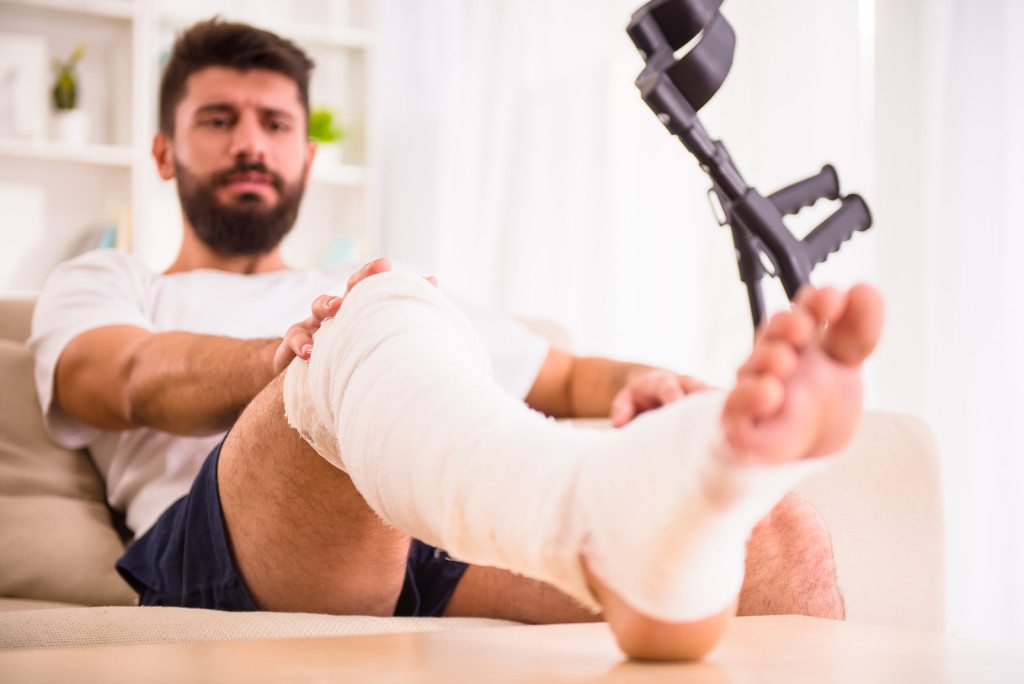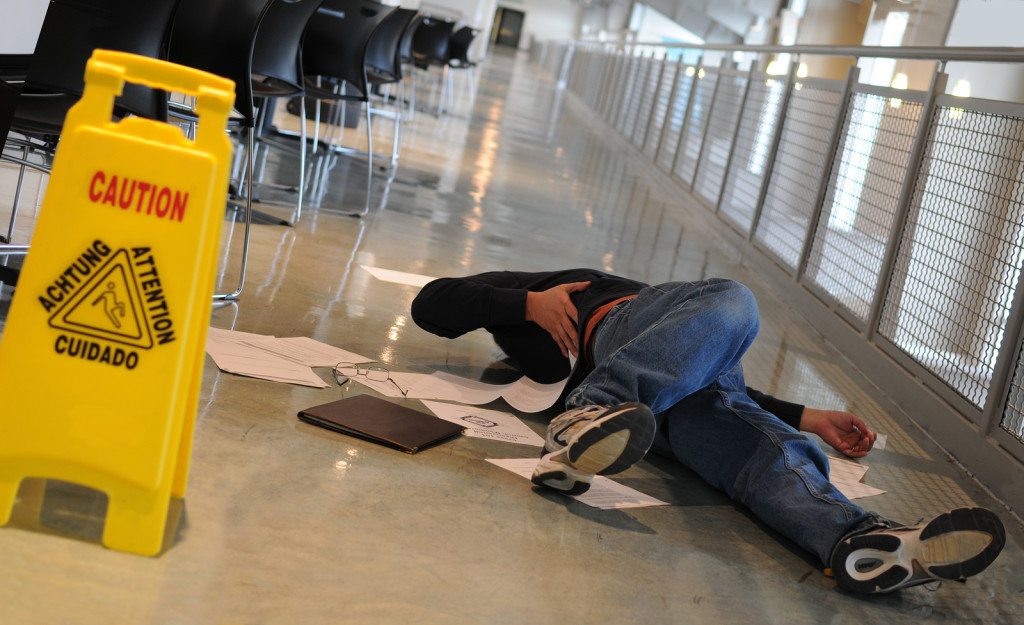Some industries, such as construction, mining, and agriculture, have high rates of death and accidental workplace injury. Even if you work in a quiet office building, you could still be seriously injured by a slip and fall accident, a defective product, or other hazards in the workplace. No matter what you do for a living, you deserve compensation for injuries you sustain on the job – but should it come from worker’s compensation programs, or a lawsuit against your employer? A workers compensation lawyer in Philadelphia, PA can explain your options.
The Pennsylvania Worker’s Compensation Act covers work-related illnesses and injuries occurring on or after June 24, 1996. If you are hurt while performing your job duties, the Act will cover your medical expenses related to the injury or illness. Specifically, the Act provides the following benefits:

Most types of employees in Pennsylvania are covered by the Act, including:
Even if you are the only employee at your company, you should still be covered by the Act. If your employer tries to make excuses, like telling you that only companies with at least fifteen employees are covered, you should seek help from a workplace injury lawyer.
Worker’s compensation is a no-fault benefit, which means you are covered regardless of whether you, your employer, or one of your coworkers was responsible for the injury. (A similar concept also applies to PIP benefits in Pennsylvania car accidents.) However, there are a few exceptions. For example, worker’s compensation will generally not cover:
It is generally not possible to successfully sue an employer for a workplace injury, even if the injury is severe, because many Pennsylvania employers are immune from personal injury litigation by virtue of participating in the worker’s compensation program. The same holds true of your co-workers, who are also shielded from civil liability by Pennsylvania’s worker’s compensation laws. However, it may be possible to sue an employer or coworker is if he or she deliberately injured you, with intent to cause bodily harm.
Needless to say, these broad restrictions severely limit an injured worker’s ability to sue for compensation. However, there is one scenario where it may be possible to file a lawsuit successfully. If your workplace injury was caused by a third party, you may be able to file a personal injury lawsuit for injuries (provided you abide by the statute of limitations and other legal rules which normally apply).
Here are some hypothetical examples of ways a workplace injury could be caused by a third party:

If you or your spouse was injured on the job, you should consider talking to a personal injury lawyer. You might have a strong claim against a third party, even if you aren’t able to sue your employer or coworker directly. To learn more about your options for getting compensated, call the Wieand Law Firm at (888) 789-3161 for a free, completely confidential legal consultation. You will not be charged costs or attorney’s fees unless we make a recovery for you. We proudly serve clients throughout Pennsylvania and New Jersey.
***Disclaimer: This article is for informational purposes. It is not legal advice and should not be used as legal advice.***